Moroccans living abroad are closely monitoring the final stages of a new European project aimed at strengthening the fight against money laundering and terrorism financing, amid growing concerns about its potentially significant negative impact on remittances sent by Moroccans abroad. These remittances are a vital source of foreign currency and one of the key pillars of the national economy.
This European initiative stems from a strategic desire to end the fragmentation in anti-money laundering and terrorism financing laws among member states. Previously, each country applied European directives in its own way, creating loopholes exploited by those involved in illicit financial activities by seeking countries with less stringent regulations.
The new approach, which includes the establishment of a centralized European Anti-Money Laundering Authority (AMLA), aims to unify supervisory rules and apply them strictly and equally to all financial institutions operating within the Union, including branches of foreign banks. The fundamental principle is to protect the integrity of the single market and ensure there are no weak links in the European financial system by subjecting everyone to the same high standards of transparency and oversight.
The new project, scheduled to take effect in 2026, is part of the EU’s policy to unify governance and compliance standards for foreign banks with branches in Europe, including Moroccan banks active on the continent.
The declared goal is to subject these institutions to the same supervisory and transparency conditions applied to European banks, but the potential impact on transfer costs raises serious concerns.
In this context, economic expert Mohamed Jedri explained, “The Moroccan national economy heavily depends on remittances from Moroccans living abroad. It is enough to note that these remittances doubled between 2019 and 2024. In 2019, they were around 59 billion dirhams, reaching approximately 117 billion dirhams in 2024, surpassing tourism revenues and phosphate earnings, second only to automotive exports.”
He continued, “Therefore, remittances from Moroccans abroad, which provide foreign currency and significant funds, help comfortably cover the trade deficit, especially since Morocco’s exports cover only 61 percent of its imports.”
Jedri added in an interview with Hespress that “these remittances, along with foreign direct investment and tourism revenues, represent fundamental pillars to address the structural trade deficit the kingdom suffers from.” He pointed out that “the EU’s decision to ban non-European bank branches from operating within Europe will directly affect transfer costs. It is known that transfers to Africa are the most expensive globally compared to other regions. Migrants bear high costs, but the presence of Moroccan banks within the EU makes the costs lower and more reasonable.”
The economic expert emphasized the necessity for Morocco to deal firmly with this decision and seek practical solutions with the EU, either through alternatives that reduce costs or direct negotiations to lower them. Otherwise, the biggest victim will be the national economy, as transfer costs will rise, impacting thousands of Moroccan families who rely mainly on family solidarity through remittances from children or parents residing in Europe. Savings in Moroccan banks and investments will also be negatively affected if transfer costs increase.
He added that “what makes the situation more critical is that Morocco will be more affected compared to Nigeria or Egypt, as these two countries are not directly linked to the EU. Nigeria mainly relies on money transfer companies, and Egypt heavily depends on remittances from Gulf countries. Meanwhile, Morocco receives the vast majority of its remittances from Europe, especially France, Spain, Italy, and Germany.”
He noted that “Morocco could move towards digitization and linking remittances from Moroccans abroad between European and Moroccan banks, ensuring cost reduction and facilitating the process. However, this requires serious and urgent handling before the end of the year at the latest.”





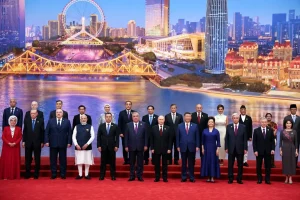
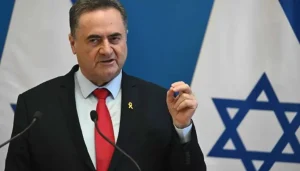


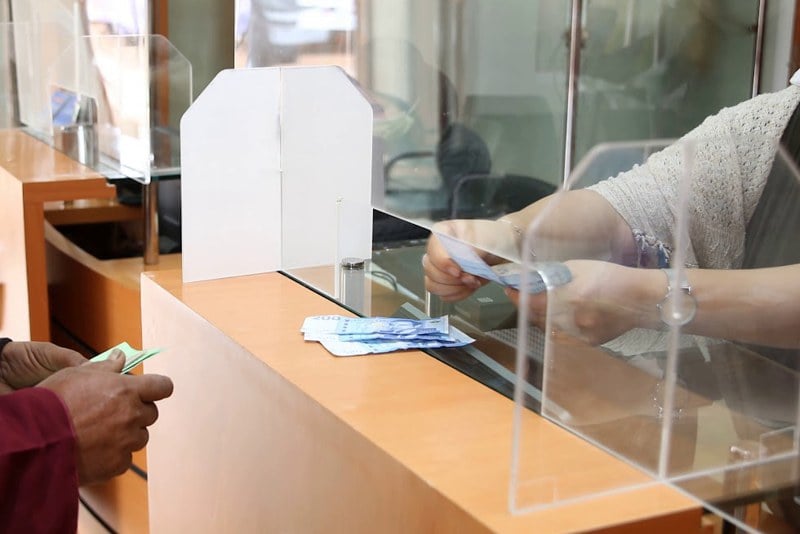
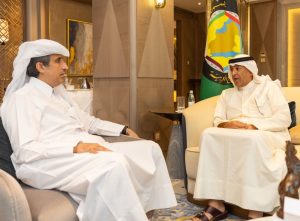
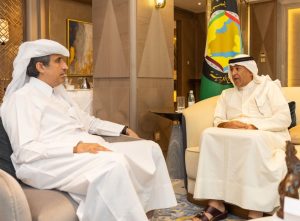
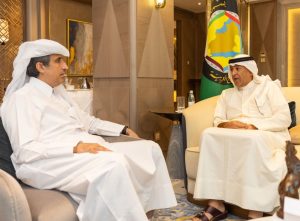
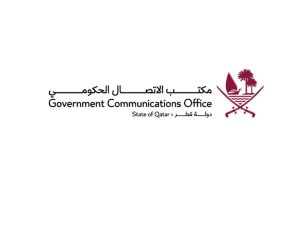
Recommended for you
Exhibition City Completes About 80% of Preparations for the Damascus International Fair Launch
Unified Admission Applications Start Tuesday with 640 Students to be Accepted in Medicine
Iron Price on Friday 15-8-2025: Ton at 40,000 EGP
Afghan Energy and Water Minister to Al Jazeera: We Build Dams with Our Own Funds to Combat Drought
Ministry of Media Announces the 10th Edition of 'Media Oasis'
Love at First Sight.. Karim Abdel Aziz and Heidi: A Love That Began with a Family Gathering and 20 Years of Marriage